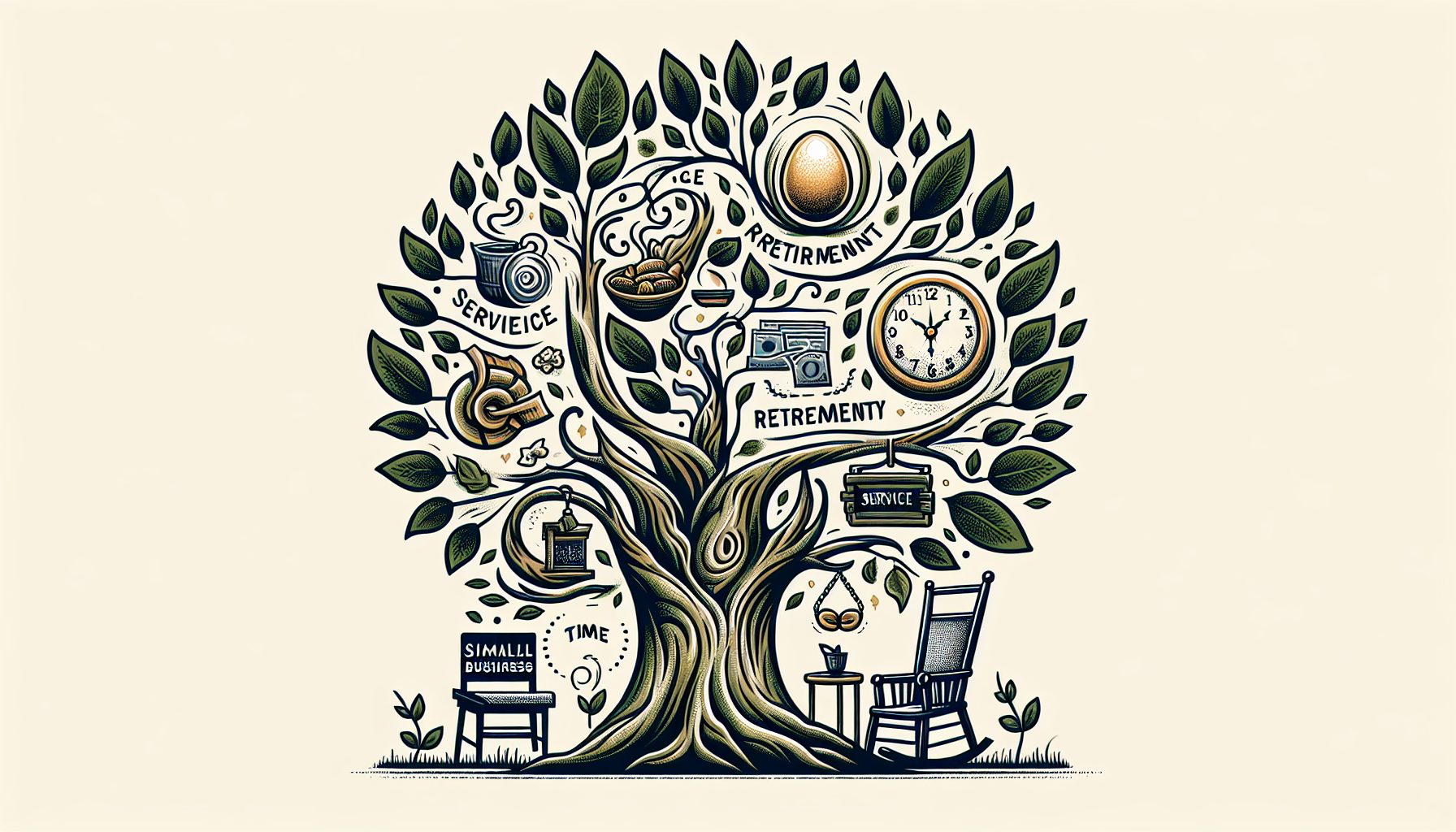NEW YORK/SAN FRANCISCO (Reuters) – Google Inc (GOOG.O: Quote, Profile, Research, Stock Buzz)is betting it can revolutionize wireless Internet service on mobilephones the way that it transformed the search business on PCs.
The search behemoth has already taken on Microsoft Corp (MSFT.O: Quote, Profile, Research, Stock Buzz)in the market for productivity and Web browsing software. Google’sAndroid software is taking aim at Microsoft’s Windows Mobile; Symbian,in which Nokia is an investor; and Apple Inc’s (AAPL.O: Quote, Profile, Research, Stock Buzz) iPhone, which dominate the smart phone market.
Andy Rubin, Google’s director of mobile platforms, told Reuters thatAndroid’s success hinges on the reception of the first phone, due outlater this month.
"We’re in the final stages and having lots of sleepless nights," hesaid in an interview. "We’re very happy with the results," said Rubin,who worked previously at Apple and a number of Silicon Valley start-ups.
T-Mobile USA TMOG.UL is expected to introduce the first Androidphone in New York on September 23, sources familiar with the plan toldReuters this week.
After two years of speculation, Google is under pressure to deliver a product sufficiently different from Apple Inc’s (AAPL.O: Quote, Profile, Research, Stock Buzz) iPhone and the myriad copycats that have appeared since it was introduced last year.
Rather than launch the new operating system with a range of devicesfrom several handset makers and phone carriers, Rubin said Google choseto "put our blinders on" and make sure the first phones impressconsumers.
"If we come out with a dud, people will go, ‘Well, that was a wasteof time," said Rubin, co-founder and former CEO of Danger Inc, whichbuilt the T-Mobile Sidekick, a pioneering Web phone shaped like a barof soap with an flip-out keyboard.
Google has worked almost exclusively with Taiwan’s High Tech Computer Corp (HTC) (2498.TW: Quote, Profile, Research, Stock Buzz) and T-Mobile for the first Android phone, he said.
"Google wanted to make sure that we had enough control over the hardware to make sure the software worked," he said.
Apple tightly controlled both the hardware and the software of theiPhone, which is seen by many mobile industry watchers as the future ofdevice development.
Prior to working with Google, HTC relied on Microsoft Corp’s (MSFT.O: Quote, Profile, Research, Stock Buzz)Windows Mobile for its smart phones. HTC hopes Google’s brand andpopular services such as search, Gmail or YouTube can attract consumersbeyond the business crowd that it expects to continue buying itsWindows phones, said Jason Mackenzie, HTC’s North American vicepresident of operations.
INDEPENDENT DEVELOPERS
The first Android phone, code-named Dream, is depending onindependent software developers to build hundreds or even thousands ofprograms, such as photo sharing, to run on Google software. Rubin saida contest to lure early developers drew 1,759 application submissions.
"Once they leave the store with the device the thing that keeps them happy will be the software," he said.
Apple’s second-generation iPhone applied the same strategy, and offers more than 3,000 applications through its App Store.
Google plans its own software store, called Android Market. "It’snot necessarily the operating system software that is the unifyingfactor, it is the marketplace," Rubin said.
Unlike Apple, Google does not expect to generate revenue by sellingapplications or to share revenue with partners. "We made a strategicdecision not to revenue share with the developers. We will basicallypass through any revenue to the carrier or the developer," said Rubin.
One of Google’s challenges will be for Web page access to work on amobile device as well as it does on a PC. The Android browser is builton the same technology as the new Google Chrome browser but designedfor smaller screens.
"What you get will be Chrome Lite or Chrome To Go or Chrome Mobile," Rubin said.
(Editing by Derek Caney)
? Thomson Reuters 2008 All rights reserved








